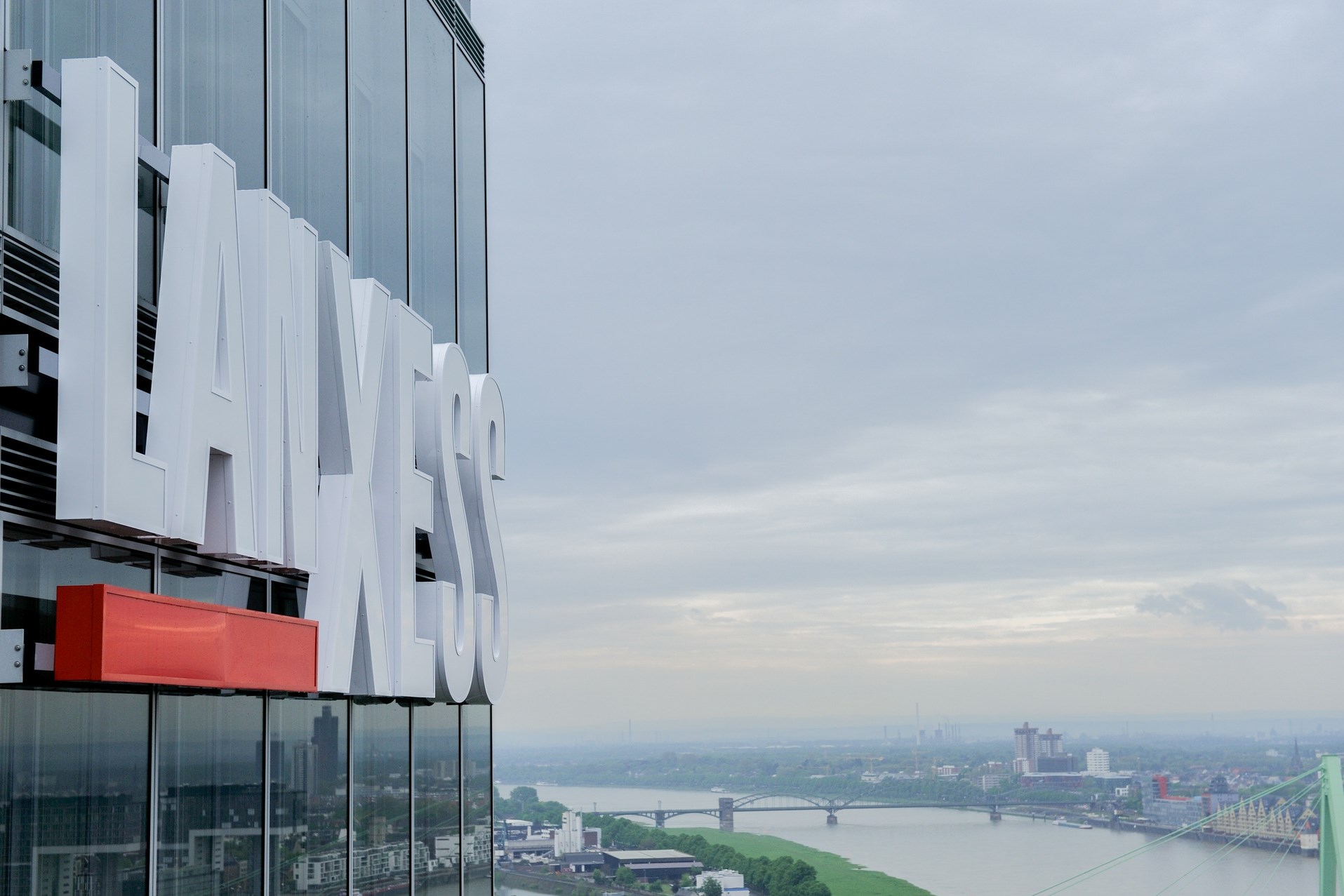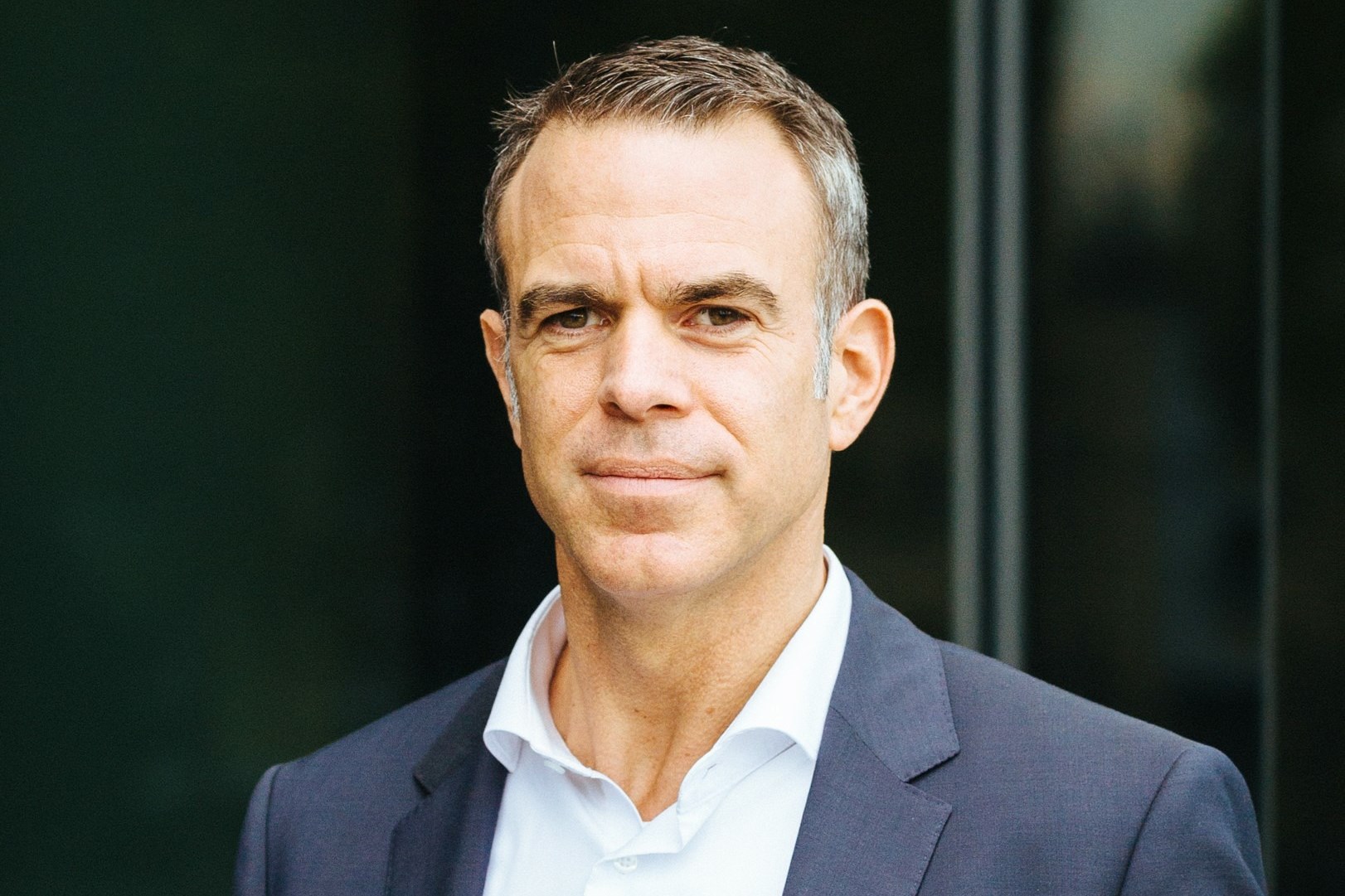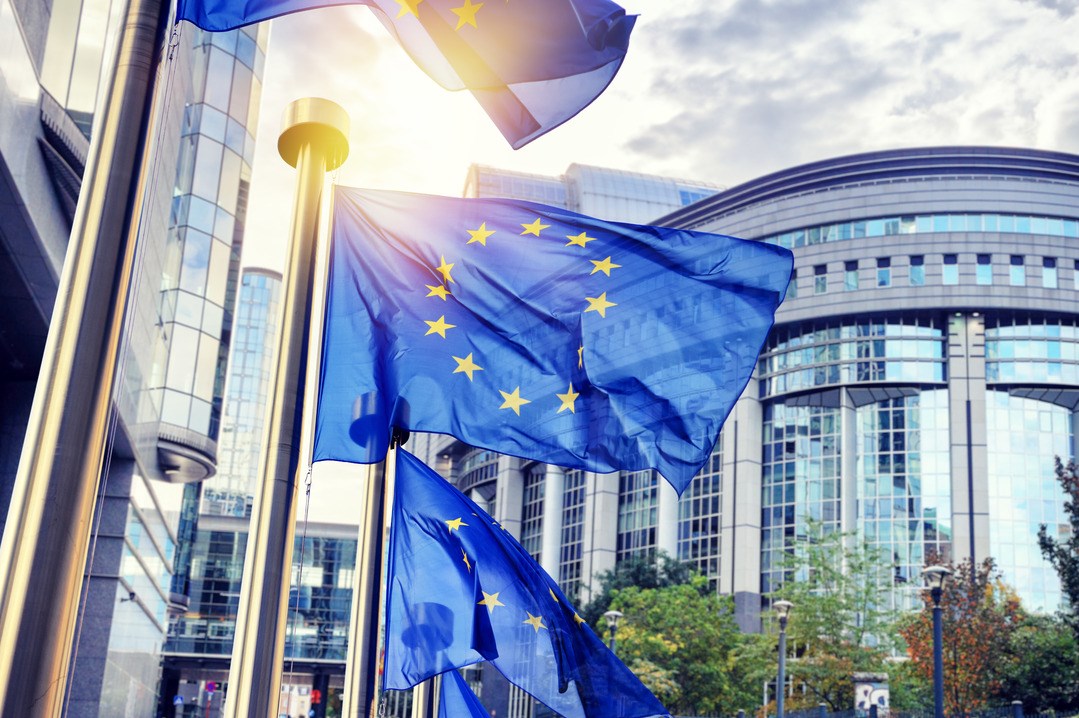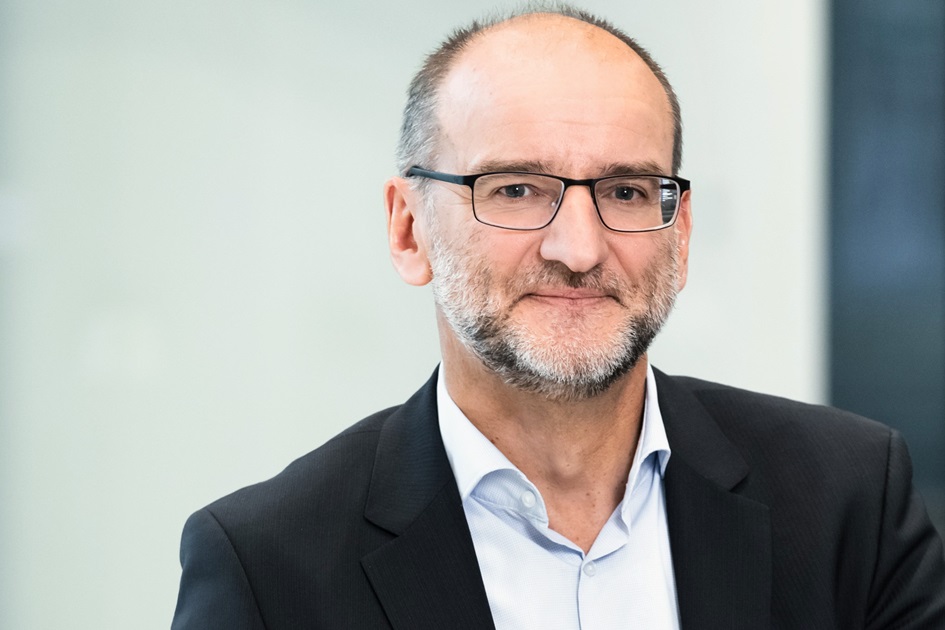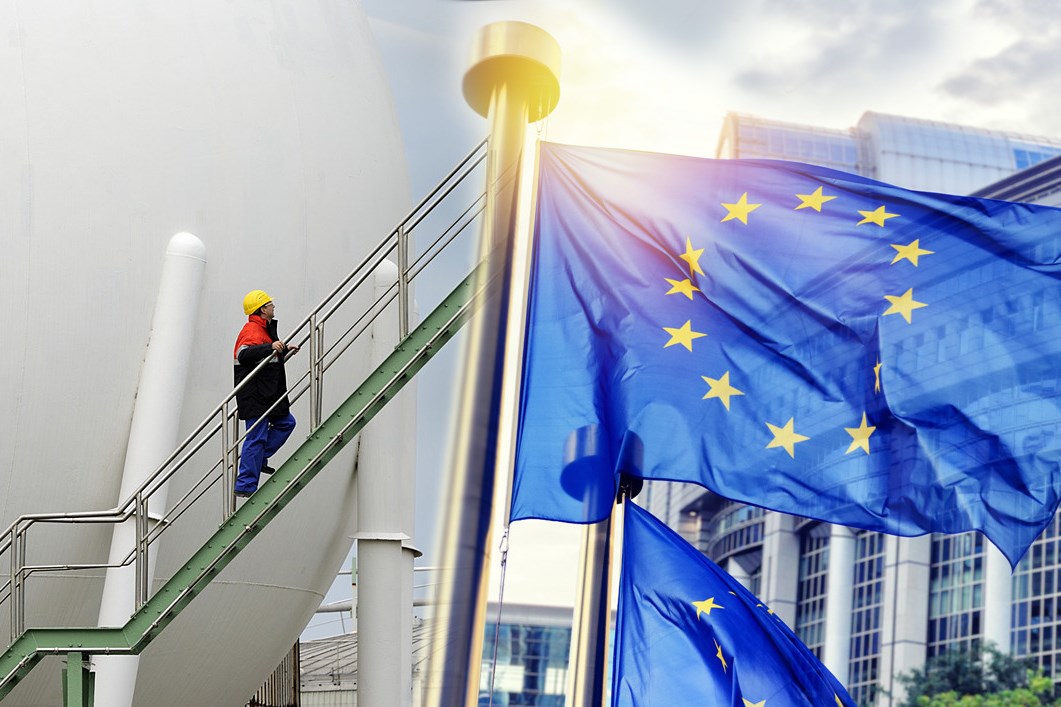
Political Communication
Climate protection is a business case for LANXESS - we will be climate neutral by 2040.
Political positions of LANXESS
Many political issues have an influence on LANXESS. Our page on political communication provides an overview of positions regarding the various initiatives.
The chemical industry is one of the most energy-intensive sectors, so energy costs have a considerable influence on the international competitiveness of companies. This is also true for LANXESS. Closely linked to energy policy is climate policy, which sets the framework for energy policy by limiting greenhouse gas emissions.
With the “Coordination Committee for Climate and Energy”, we have also established an internal body that aligns our political positions and activities with those of the associations in which we participate. In the CDP questionnaire, for example, you can see in detail how our climate strategy in alignment with the Paris Climate Agreement is aligned with the positions of the associations (CDP questionnaire section 12.3).
Energy and climate policy are issues with global implications. LANXESS is strongly committed to an efficient energy and climate policy that uses market-based instruments to achieve climate targets, while taking into account the competitive environment and without jeopardizing the necessary security of supply. Here are a few examples of our core requirements:
Renewable Energy Sources Act (EEG)
The first steps towards budget financing of the EEG have been taken and the path should be followed consistently until the EEG levy is completely abolished. Until then, the continued existence of a company’s own electricity models (companies that produce their own electricity) must be reliably guaranteed.
Fuel Emission Trading Act (BEHG)
With the introduction of the SESTA, it must be stipulated that there is no double burden on installations that are already subject to European emissions trading. In addition, there should be sufficient relief for industries in international competition, hazardous waste, and officially ordered emissions, such as those from thermal exhaust air treatment, which should be excluded.
EU Emissions Trading
The allocation of sufficient quantities of free certificates must be ensured as carbon leakage protection even if the EU climate target is increased. Border adjustment mechanisms such as Carbon Border Adjustments or Carbon Border Tax can be introduced as a supplement at best, but not as a substitute for free certificates.
Coal Exit Act
LANXESS supports efforts to make electricity generation more energy efficient. However, implementation of the decisions of the so-called Coal Commission also includes compensation in the event of an increase in electricity prices for the energy-intensive industry activities. These activities still need to be identified.
Environmental protection is one of the major global challenges of our time. Environmental regulations are becoming more and more complex. European and national regulations are increasingly overlapping. LANXESS is participating in the regulatory debates with the aim of finding joint solutions.
Approval procedure
Fast and legally compliant approval procedures are in the interest of both industry and the authorities. Digitization can help here. However, sensitive plant data must not be completely accessible on the Internet. This can lead to unintentional misuse. To speed up approval procedures, LANXESS has launched a pilot project in 2018 in cooperation with the North Rhine-Westphalia Ministry of Economics, the Cologne district government and the Chempark service provider Currenta. The approval period (new construction of a Fluorosulfonic Acid plant) was successfully shortened from 20 to 12 months. The permission for the early start of construction was granted after six months.
Emission control
The EU is continuously developing new emission reduction requirements for industrial plants. Increasingly strict limit values and detailed regulations apply. LANXESS is constantly pressing ahead with its own reduction projects, but is also seeking compromises that take into account both environmental protection and industrial production.
Water protection
Water protection is a central issue for LANXESS and is treated with care. Production cannot take place without discharge permits, and in order to obtain these, it must be demonstrated that the waters are managed sustainably and that the limit values are not exceeded.
Soil protection
Installations under a permit procedure may only be put into operation after a comprehensive "soil status report" has been submitted, which must also be updated regularly. In the field of soil protection, LANXESS is facing ever more stringent requirements, the national scope of which often exceeds European requirements and whose benefits are in some cases not apparent.
Plant safety
There must be an appropriate safety distance between industrial plants and residential or nature conservation areas and traffic routes. The protection of the population is the central aspect of plant safety, and LANXESS takes this into account at all times. However, the debate on distance regulations must not only consider industrial production, but also possible new developments outside the industrial site.
LANXESS is actively committed to a high level of chemical safety in order to protect human health and the environment in the long term. Compliance with legal requirements such as the REACH regulation is a top priority for us.
Successful registration of LANXESS products
LANXESS has successfully registered around 900 chemical substances under REACH and subjected them to a detailed safety assessment. In total, over 23,000 chemicals have been registered with the European Chemicals Agency in the EU. The EU thus has the world's largest and most comprehensive data set on chemical substances.
Transparency and legal certainty increase competitiveness
For a correct and conscientious implementation of legal requirements concerning chemicals, however, legal certainty is required. This is not given if one and the same chemicals is subject to a multitude of regulations with different, sometimes difficult to understand, evaluation standards.
This is why LANXESS is calling for transparent and predictable processes for the evaluation and regulation of chemicals based on uniform scientific standards and methods, particularly in view of the EU sustainability strategy for chemicals. This is the only way to ensure that the competitiveness and innovative capability of the chemical industry is maintained under the high safety requirements of EU chemicals legislation, which are high by international standards.
CURRENT ISSUES
LINKS and DOWNLOADS
- Guiding Principles Political Communication(PDF, 110.2 KB)
- politiX positions: Three principles to improve the EU Net Industry Act(PDF, 882.3 KB)
- politiX positions: Four guidelines for a successful IED reform(PDF, 159.2 KB)
- politiX magazine Global Trade Edition December 2020(PDF, 1.9 MB)
- Circular Economy: Ideas instead of bans(PDF, 671 KB)
- Corporate Responsibility Report(PDF, 3.6 MB)


